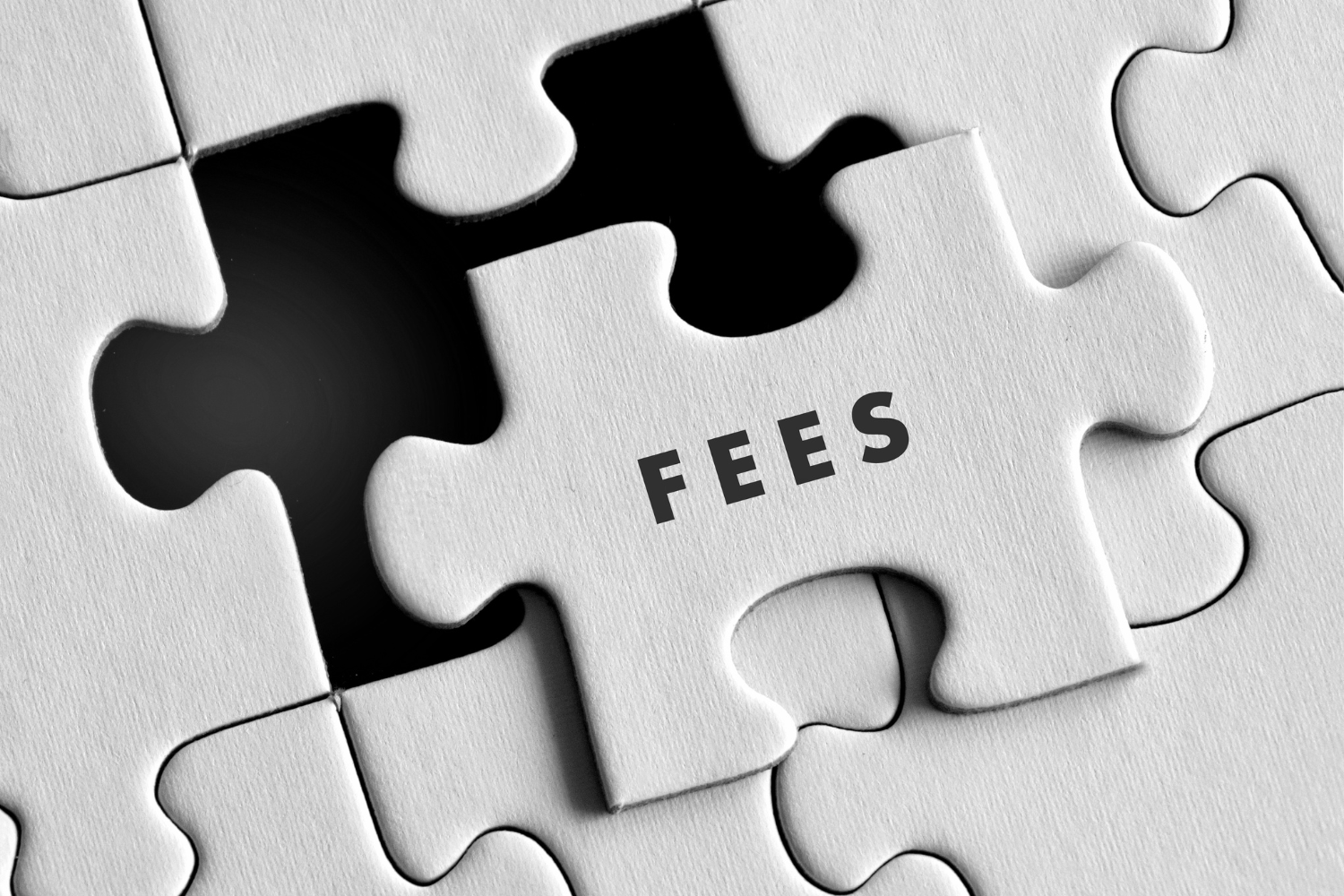Hiring a business broker can make all the difference when selling a business, especially for small business owners navigating the complex acquisition process. A reputable business broker with a strong track record can guide you through the entire process—from preparing financial statements to finding the right buyer and negotiating favorable terms.
Many business owners struggle to tell the difference between good business brokers and bad actors, but knowing the green flags reliable business broker candidates show can help you avoid costly mistakes. This article breaks down the signs of an experienced business broker who can provide valuable insights, work closely with other professionals, and deliver a successful sale, even in smaller business transactions.
Transparent Track Record
One of the strongest green flags a business broker can show is a clear and proven history. A transparent track record can give business owners more confidence in the broker’s ability to guide a deal effectively.
Why Past Performance Matters
A broker’s record of closed business transactions shows they can deliver results. Many entrepreneurs rely on this history to evaluate whether a broker understands the full acquisition journey, including deal structure, negotiation skills, and working with all the parties involved. An experienced business broker should be able to discuss relevant past clients, showing they’ve helped businesses like yours find a business buyer, manage the diligence process and reach the best deal based on true value and market conditions.
Access to Anonymized Deal Metrics
A reputable business broker will provide anonymized details about previous deals, such as purchase price, sales process duration, and outcomes. This level of openness helps potential buyers and sellers better understand what to expect during the acquisition process. It also helps identify which brokers have in-depth knowledge of your specific industry and the current market trends. Many reputable brokers are willing to share anonymized data that reflects past performance and experience.

Clear Fee Disclosure
Another crucial green flag is how a broker communicates their pricing. Many business owners make costly mistakes when fee structures are vague or hidden.
Understanding Commission Structures
A trustworthy broker will provide a clear, line-item breakdown of all costs. This includes the commission percentage, upfront fee, marketing charges, and required legal contracts. When working with a brokerage firm, this transparency helps buyers and sellers understand what services are covered, what varies depending on the deal size, and how fees align with the value the broker brings to the entire process.
Importance of Upfront Clarity
Many brokers charge for services beyond their basic commission, such as paid advertising or third-party valuations. A good business broker will explain these costs before asking you to sign any legal contracts. Discussing retainers, marketing fees, and extra costs from the start builds trust, helps avoid potential risks, and provides guidance throughout the sales process. Without clear communication, sellers may find themselves surprised later—something experienced brokers actively work to prevent.

Specialized Expertise
Not all brokers have the same background. Looking for one with a specific focus is a key step in ensuring a smoother and more profitable transaction.
Industry-Specific Experience
A broker with experience in your industry understands what buyers are looking for, what potential risks to flag, and how to present your company as a valuable asset. This knowledge allows them to connect you with buyers interested in similar businesses and provide guidance tailored to your situation. They are more likely to work closely with you, help prepare strong financial statements, and navigate the due diligence process efficiently—especially if an SBA loan or other funding is involved.
Avoiding the ‘Jack-of-All-Trades’
Many business owners fall into the trap of hiring generalist brokers who claim to handle everything. These brokers may lack deep knowledge of smaller business transactions or specific acquisition journey stages. A specialized broker, in contrast, brings sharper insight, a stronger buyer network, and more targeted advice that can lead to better results and faster sales. Choosing the right broker who fits your business and market can make all the difference.

Responsiveness and Communication
Good communication is a green flag many business owners overlook when choosing a broker. A responsive broker helps move the process forward and builds confidence early in the relationship.
Timely Responses to Inquiries
Timely responses to questions are a good sign that a broker is engaged and prioritizing your sale. Delays in the early stages of the sales process can affect your ability to connect with buyers interested in your company. Prompt replies show they understand how time-consuming the acquisition process can be and are ready to help you navigate it efficiently. This level of professionalism also reflects how they communicate with potential buyers and other professionals during the deal.
Availability for Client Questions
An experienced business broker will make time to answer your questions throughout the process. Many brokers promise results but disappear after the first call. A broker who stays available and communicates offers peace of mind and helps you make informed decisions. Small business owners often need extra guidance, especially during the diligence process and negotiation phases. Brokers who respond consistently show a strong commitment to providing valuable insights and acting as trusted advisors.
Willingness to Provide References
A good broker won’t hesitate to connect you with previous clients. These references are an essential sign of trust, transparency, and past success.
Sharing Client Testimonials
When a broker shares contact details or testimonials from past clients, it shows they’ve handled similar business transactions well. These references can help business owners better understand how the broker works, how they manage the acquisition journey, and whether they’re likely to deliver the best deal. Honest feedback from real clients is often the clearest signal that you’ve found a reputable business broker.
Building Trust Through Transparency
Brokers who openly provide client references are confident in the service they offer. Sharing references can build trust and offer insight into a broker’s relationship with past clients. Many entrepreneurs use references to verify past performance, confirm market trends mentioned during meetings, and gain insight into the broker’s communication style. It’s one of the easiest ways to spot a green light early in the relationship.

Provision of Written Engagement Outline
Before you commit to working with a broker, they should be willing to send a written outline that explains what to expect. This document sets the tone for the rest of your partnership.
Clarity Before Commitment
A reputable brokerage firm should be willing to discuss and review an engagement outline with you before you sign anything. This outline includes details like fee structures, services, and timelines. Seeing this in writing helps business owners understand their responsibilities, spot potential risks, and avoid issues during legal contracts or when calculating the purchase price. It also reflects how the broker handles more complex steps in the acquisition process.
Setting Clear Expectations
A detailed engagement outline keeps the sales process organized and avoids confusion down the line. Business owners and brokers can use this agreement to align on goals, timelines, and the scope of work. It also helps during the due diligence process since each party knows who handles what. For many business owners, this document shows the broker’s professionalism and sets the foundation for a smooth and transparent experience.
Real-World Example: The Fee Transparency Test
Fee transparency is among the most reliable green flags when evaluating a potential business broker. A clear breakdown of commission, marketing costs, and any upfront fee can help you avoid unexpected charges that impact your final purchase price or delay the sales process.
- Broker A: Provided a clear fee breakdown—10% on the first $1 million, 8% above that, and a $3,000 marketing budget—with no hidden costs.
- Broker B: Mentioned a “standard 10% plus expenses” but did not explain what the expenses included.
- Broker C: Promised a “competitive rate,” but fee details will be shared after signing.
The business owner selected Broker A. The result was a straightforward experience with no unexpected costs, which the business owner attributed to the broker’s upfront clarity. In-depth knowledge and upfront communication proved essential for a successful sale.

Quick Yes/No Checklist for Broker Evaluation
Before working with any broker, it’s smart to ask targeted questions that reveal how they handle business transactions. These quick checks can help many entrepreneurs avoid red flags and find a business broker aligned with their goals.
| Evaluation Question | Yes/No |
|---|---|
| Can they provide a clear, line-item fee breakdown? | |
| Do they have experience with recent deals in your niche? | |
| Are they willing to share client references? | |
| Will they offer a written engagement outline before signing? | |
| Do they respond promptly to initial inquiries? |
Ensuring a Successful Partnership
Choosing the right broker is key to selling a business and achieving the best deal. Green flags—like clear communication, strong references, written agreements, and relevant experience—signal that you’re dealing with a reputable business broker who understands the market, respects the process, and will work closely with you to get favorable terms.
Using these criteria may help you choose a broker who aligns with your goals and is more likely to connect you with suitable buyers. For many business owners, these signals separate a smooth acquisition journey from a time-consuming mistake.
Frequently Asked Questions
What are the signs of a trustworthy business broker?
Transparent communication, industry-specific experience, and willingness to provide references are key.
How important is fee transparency when choosing a broker?
Very important; clear fee structures prevent misunderstandings and build trust.
Why should a broker provide a written engagement outline?
It sets clear expectations and protects both parties by outlining the terms of the agreement.
How can I verify a broker’s past performance?
Request anonymized deal metrics and client references to assess their track record.
What role does industry specialization play in broker selection?
Brokers with experience in your specific industry are more likely to understand your needs and navigate the sale effectively.
References
- Federal Trade Commission. (2025). Scams. https://consumer.ftc.gov/scams
- Internal Revenue Service. (2025). About Publication 544, Sales and Other Dispositions of Assets. https://www.irs.gov/forms-pubs/about-publication-544
- Internal Revenue Service. (2024). Publication 537 (2024), Installment Sales. https://www.irs.gov/publications/p537
- Internal Revenue Service. (2023). 2022 Publication 535. https://www.irs.gov/pub/irs-prior/p535–2022.pdf
- U.S. Bureau of Labor Statistics. (2025). Industries in Alphabetical Order. https://www.bls.gov/iag/tgs/iag_index_alpha.htm
- U.S. Department of Justice. (2023). 2023 Merger Guidelines. https://www.justice.gov/atr/2023-merger-guidelines
- U.S. Small Business Administration. (2024). Types of contracts. https://www.sba.gov/federal-contracting/contracting-guide/types-contracts
- U.S. Small Business Administration. (2025). 7(a) loans. https://www.sba.gov/funding-programs/loans/7a-loans




